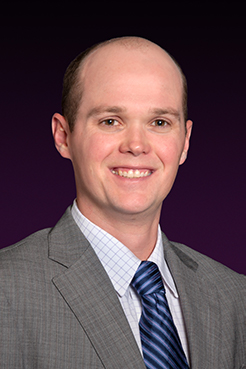Superyachts are getting smarter
Superyacht TEMPO will feature autonomous navigation, health monitoring systems and more. Illustration: DLBA Naval Architects and SDG
Unmanned surface vessel (USV) technology is making its way from the U.S. Navy to recreational yachting.
DLBA Naval Architects, a division of Leidos subsidiary Gibbs & Cox, is applying elements of artificial intelligence (AI) designed for naval missions to its superyacht designs.
Jeffrey Bowles, a DLBA expert, said his team is exploring the ability for commercial ships to operate at sea without captains or mechanics for weeks or months.
From the source: “We’ve already proven to the Navy we can go to Hawaii and back with Seahawk and Sea Hunter,” Bowles said. “Now AI is allowing us to develop vessel designs from the ground up with no pilot houses, steering wheels and other traditional features.”
He said his team’s ships could be designed not only to navigate autonomously, but also detect issues with shipboard equipment to prevent system breakdowns.
- Its AI uses thermal, infrared and vibration sensors to detect mechanical issues before a human could perceive them.
- Its automated video system uses smart cameras to detect smoke, fire and flooding.
- Its advanced sensors detect temperature changes and change rates in the engine room resulting from broken valves or exhaust hoses, issues that could result in a quick breakdown.
“If we can make the ship monitor itself with sensors and software, we can provide advanced warning and take preventative measures before the vessel suffers a breakdown,” he said.
Looking ahead: Bowles predicts many of these features, which Gibbs & Cox has helped bring to the U.S. Navy’s unmanned program, will be adopted by yacht owners over the next decade.
Bowles believes navigation apps could be the next significant maritime innovation. The software could reduce the number of collisions and groundings, improving safety and saving money.
“Guidance systems like Waze or Google Maps could reduce navigational accidents on the water,” he said. “Even good captains make mistakes, and the system could alert them of unexpected obstacles and help them avoid dangerous collisions.”
Please contact the Leidos media relations team for more information.
Related:

